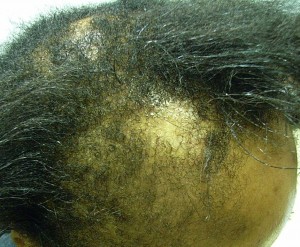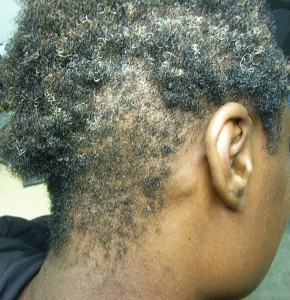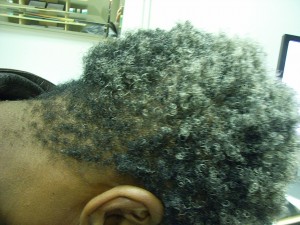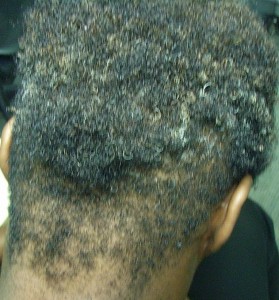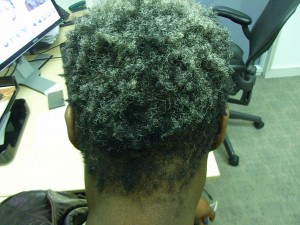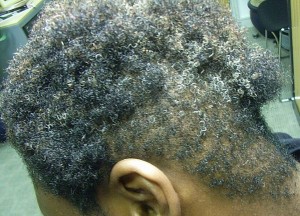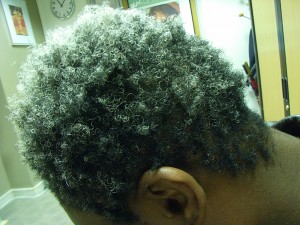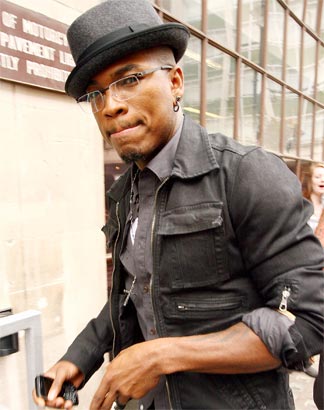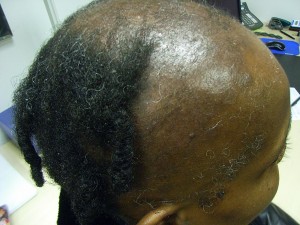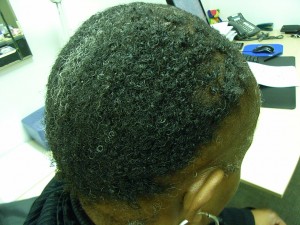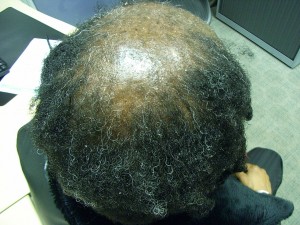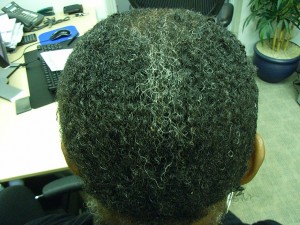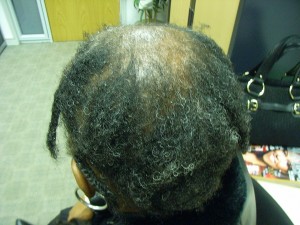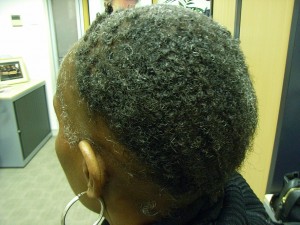Black women's hair loss tied to braiding, weaving: study
12.04.2011 in BLACK AFRO-CARIBBEAN HAIR LOSSVery tight braiding or weaving may be linked to a permanent type of hair loss that affects many African American women, according to a U.S. study.
Prolonged pulling at the hair strands may cause inflammation of the hair follicle, which has been showed to lead to scarring.
In principle, this could lead to scarring hair loss or central centrifugal cicatricial alopecia, a type of balding that starts at the top of the scalp and then spreads slowly to the rest.
“Our survey results suggest there is a high prevalence of central hair loss among African American women,” wrote Angela Kyei, of the Cleveland Clinic in Ohio, who led the study.
Though the findings couldn’t prove that hair grooming was at the base of the problem, women might still want to take them into consideration, she added.
The study, published in the Archives of Dermatology, is based on health questionnaires and scalp examinations of 326 African American women.
Nearly all of them straightened their curls chemically and about one in six had scarring hair loss. More than half the women with this condition said they had braids, weaves or hair extensions, as compared to only a third of those with less severe hair loss.
Kyei did note, however, that there could be other causes for the balding. The researchers found that women with type 2 diabetes were more likely to have scarring hair loss, as were those with bacterial scalp infections.
“If there is any take-home message from this study, it is that hair grooming is not the only thing you should look at in these patients,” she added.
For treatments that work without any side effect read:
Do you have Hair Loss Problems, read our Hair Loss Help





